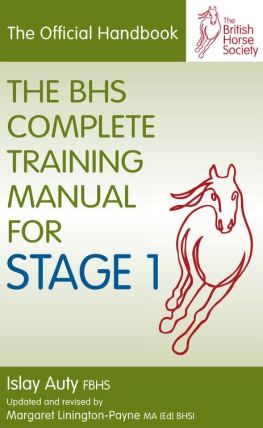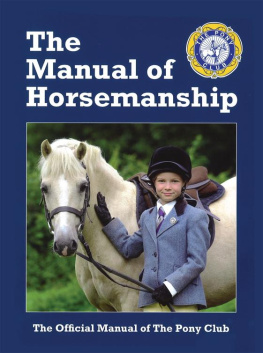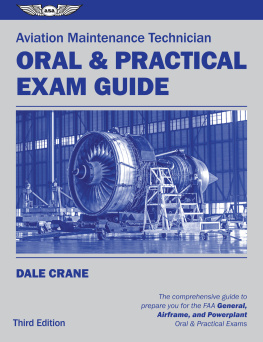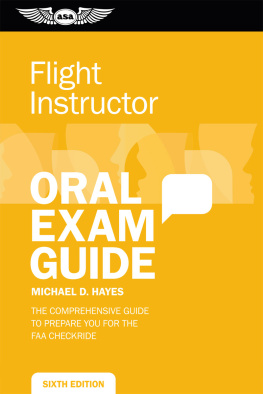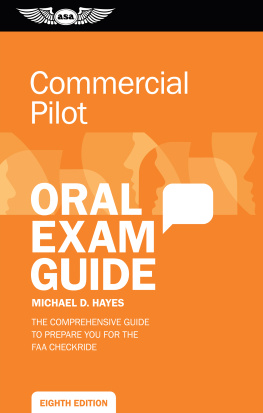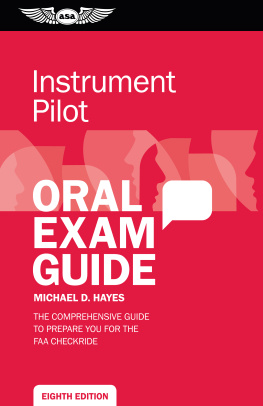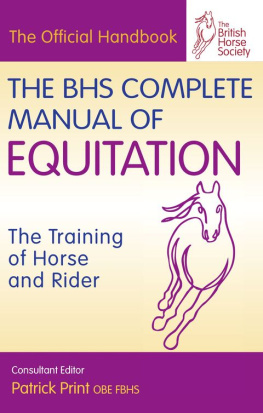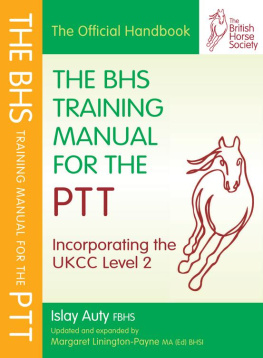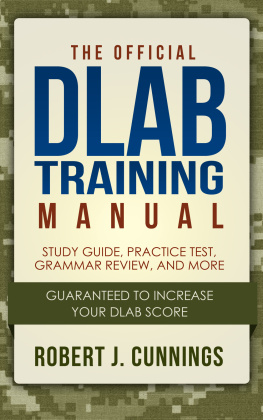All line drawings are by Dianne Breeze, with the exception of those on pages 35, and 87, which are by Carole Vincer.
The arena diagrams on pages 116 and 117 are by Michael J. Stevens.
Picture sources
The author and publishers wish to acknowledge the following books as sources for some of the illustrations:
- The BHS Complete Manual of Equitation, Consultant Editor Patrick Print OBE FBHS, published by Kenilworth Press
- The BHS Complete Manual of Stable Management Second Edition, Revised and updated by Josephine Batty-Smith BHSI, published by Kenilworth Press
- The BHS Manual for Coaching and Teaching Riding, by Islay Auty FBHS, published by Kenilworth Press
- Threshold Picture Guide No. 8, Field Management, by Mary Gordon Watson, published by Kenilworth Press
- Threshold Picture Guide No. 16, Feet and Shoes, by Toni Webber, published by Kenilworth Press
- The Horsemasters Notebook, by Mary Rose, published by Kenilworth Press
What is the BHS Horse Knowledge and Riding Stage 1?
The four BHS Stage exams, of which the Stage 1 is the first level, are generally taken by professional people wishing to work in the horse industry. The lower standards (primarily 1 and 2) are also used by keen amateur riders and horse owners who want to work for a valued qualification and achieve a standard of competence well recognised and respected in the horse industry. Each Stage exam includes a riding unit, and stable management units (called horse knowledge and care). The horse knowledge and care consists of three units. The two parts can be taken together on the same day, or separately. The complete qualification will not be awarded until both sections have been successfully achieved. Unit certification is awarded for each unit, a separate certificate for care and riding and a final Stage 1 certificate.
The BHS Stage 1 Riding is a qualification which requires that the candidate is capable of riding a quiet, experienced horse or pony in an enclosed space, in walk, trot and canter. Candidates must understand the basic principles of horse care and, working under supervision, they must show some knowledge and practice of looking after a well-mannered horse in the stable and at grass.
The exam is open to members of the BHS who have reached the age of 14 years and are keen to improve their knowledge of horses and riding. Candidates holding Progressive Riding Tests 16 complete are eligible to have exemption from Stage 1 and can progress directly to Stage 2.
Training for the BHS Stage 1 exam is available at most BHS Approved riding schools throughout the UK, and certainly through every BHS Where to Train centre. The British Horse Society runs a scheme for approval of riding schools and training centres whereby the establishments are regularly inspected on the quality and level of teaching they offer. Approved riding schools direct their teaching primarily at the leisure rider those who ride weekly or more frequently for pleasure. Where to Train centres are specifically orientated towards clients working towards a career in the horse industry, whether as full-or part-time students. Most centres run some kind of structured training towards the Stage examinations. This training may be on a one day a week basis, it might be in a weekly evening class, or it may be by private arrangement between the instructor and the individual concerned.
A qualified BHS instructor should be able to give you guidance as to your standard and ability and how much help and training you need towards your goal of taking and passing the BHS Stage 1 exam. The more highly qualified your instructor, and especially if he or she is a BHS assessor (which means they assess Stage 1 exams), the more able he/she should be to give you sound advice about how to train for and achieve the standard to which you aspire.
Training
It is impossible to say how much training is necessary because it will depend on:
- Your initial standard.
- How much time and effort you can commit to the goal of achieving Stage 1.
- How much financial commitment you are able to make to the training and the fees for sitting the exam.
- How you respond to training and therefore how quickly you progress.
- Other variables such as family commitments, unexpected circumstances, etc.
You should feel confident about the person with whom you will be training. It is important, too, that you can work in a way that motivates you to further your own progress. There may be areas of the theory knowledge where you will need to study on your own. You may be able to work with other likeminded trainees, and this gives you the chance to gauge your progress against others working with the same aim. If you have a horse of your own at home you can practise the tasks that you will be expected to demonstrate in the exam.
How the Stage 1 is assessed
All BHS exams are taken at specially selected BHS examination centres. All these centres have to be Where to Train centres and are guaranteed to offer a good standard of horses to ride and facilities in which to carry out the practical aspects of the exam. The exam is run by the BHS and a panel of assessors (three or four) under the organisation of a chief assessor. The chief assessor oversees the standard and guides the team who assess the competence of the candidates.
A complete Stage 1 exam usually takes approximately half a day to complete and the candidates (usually a maximum of eighteen in one day) are divided into three groups. Each candidate can expect to cover the work required in the syllabus.
Assessors are trained and experienced in both their ability to communicate well with you, the candidate, when you are nervous and apprehensive and to assess your overall competence at the level, in spite of nerves perhaps adversely affecting your performance.
The assessors will:
- Aim to be friendly and human, putting you at ease.
- Be clear in all the questions they ask you and in their explanation of the tasks they require you to carry out.
- Be quick to rephrase a question if they think you are not clear about what they are looking for.
- Genuinely be looking to pass you on what you can do and do know, rather than trying to find fault and fail you.
- Be trying to help you to give your best, in spite of your inevitable nerves.
In return you must:
- Know your work thoroughly and have rehearsed or practised it until it is second nature to you and will come through even if you are a little nervous.
- Believe in yourself and in your ability to pass the exam.
- Acknowledge that you will feel nervous but do not allow your nerves to swamp you so that you are unable to demonstrate your competence. Assessors never fail candidates who are up to standard, but candidates fail themselves if they allow their nerves to get the better of them.
- If you make a mistake, remember that while it may seem major to you it is probably fairly minor, and it will only be of consequence if you then allow the rest of your performance to be affected by your perception of that one mistake. You must be able to focus forward on the rest of your day even if you perceive that you have made a major error.

